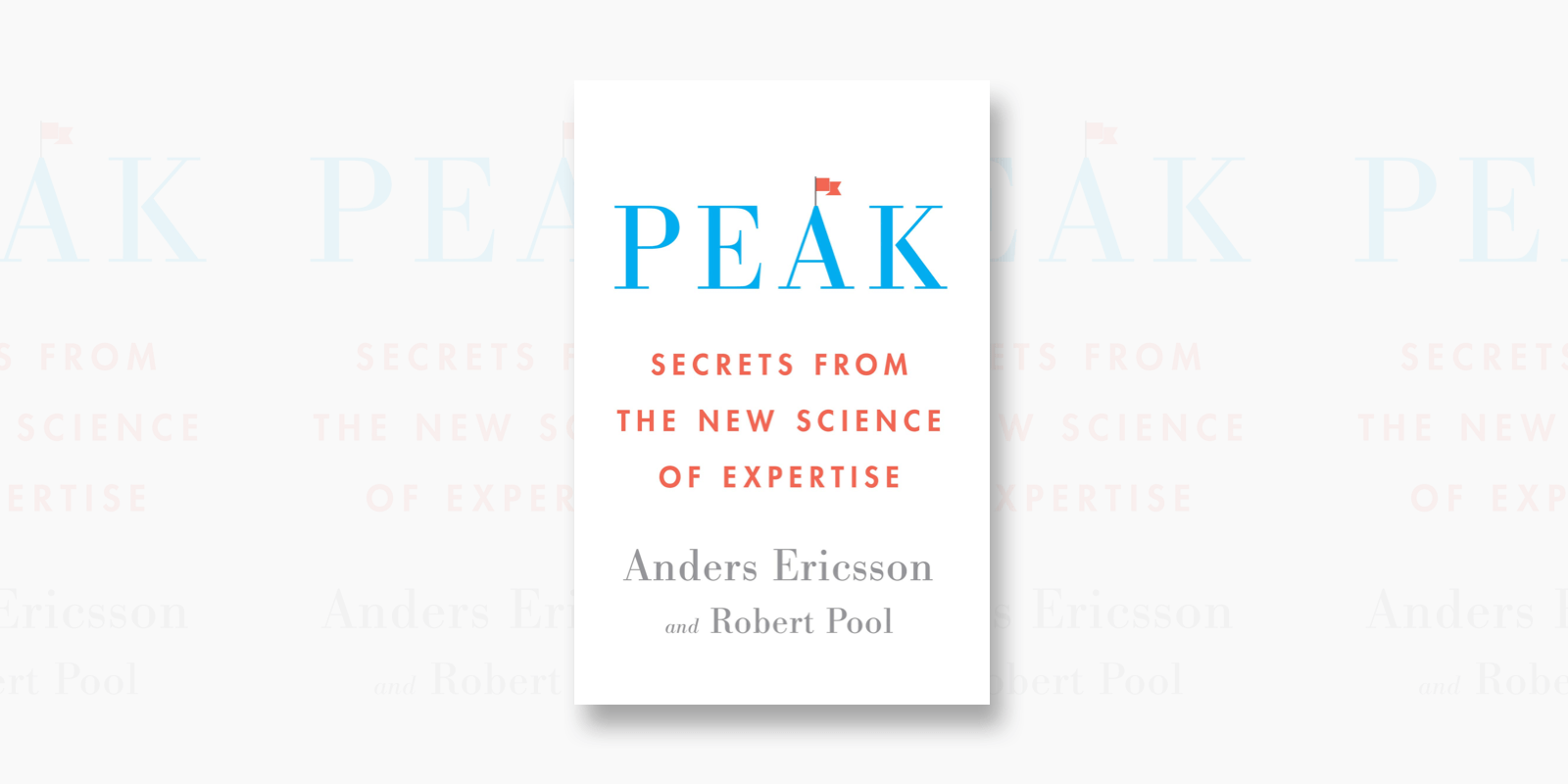Every once in a while you come across an idea that deeply changes how you see yourself and the world. And that’s exactly what happened to me a few months ago when I first came across Luke Burgis’s new book Wanting: The Power of Mimetic Desire in Everyday Life.
On one level, it’s a sort of primer on Rene Girard’s theory of mimetic desire. Luke’s short video here is a good overview.
The big idea is simple enough on the surface:
We like to believe that our desires are our own—that somehow we create or construct what we want independently. But in reality, our desires are always mediated by other people.
There are dozens of important implications that flow from this idea of the relational nature of desire.
But I’m interested in it because it illuminates some questions that traditional academic psychology seems to largely ignore but came up constantly in my own practice working with people:
- Why do we want what we want?
- Do we really want the things we claim to want?
- And what effect does what we want have on our lives—from our personal happiness and wellbeing to our work and creative endeavors?
What follows are a handful of my favorite quotes from the book along with some of my own brief reflections.
On Wanting
It’s deceivingly difficult to figure out why you bought certain things; it’s extraordinarily hard to understand why you strive toward certain achievements. So hard that few people dare ask.
If years of working with people in therapy has taught me anything, it’s this:
Much of our unhappiness in life stems from wanting things we don’t actually want.
Whether it’s a career, a spouse, a body type, a neighborhood, a reputation, or a therapist, it’s tragically common to spend our whole lives chasing after things other people want without really considering if it’s what we want.
On Admiration
In the passage from childhood to adulthood, the open imitation of the infant becomes the hidden mimesis of adults. We’re secretly on the lookout for models while simultaneously denying that we need any.
Unpopular opinion: Adults need good role models at least as much as kids do.
On Values
It’s not enough to name values. They need to be ranked. When all values are the same, nothing is being valued at all. It’s like highlighting every single word in a book… Practically nobody thinks about collisions of desire before they happen.
I’m completely re-thinking my approach to values clarification work in light of this.
It’s a little like boundaries work… Setting boundaries is one thing; enforcing them is quite another. Most people have trouble with boundaries because they’re in denial about the fact that their boundaries will be met with resistance and don’t make plans for that.
Similarly, as challenging as it is to identify and clarify our values, the truly difficult work around values is the willingness to confront trade-offs among our values.
I wonder if this resistance to look at values trade-offs is one of the reasons we remain stuck in hazy ignorance about what we really want?
On Rivalry
Think seriously about the people you least want to succeed.
The idea here, I think, is that the people we most want to fail are often our hidden mimetic rivals—people who want the same thing as us. As such, they can be a backdoor into better self-awareness about our own desires.
On Social Media
What we commonly call “social media” is more than media—it’s mediation: thousands of people showing us what to want and coloring our perception of those things… The danger is not that we have a slot machine in our pockets. The danger is that we have a dream machine in our pockets.
Scary question: How much responsibility do you take (or abdicate) for your desires?
On Scapegoating
Nearly all people are religious in the sense that they subconsciously believe that sacrifice brings peace. Consider how ingrained sacrificial thinking is in our psyche. If only we could destroy that other political party, that other company, those terrorists, that troublemaker, that fast food joint next door that has caused me to gain ten pounds, everything would be better. The sacrifice always seems right and proper. Our violence is good violence; the violence of the other side is always bad.
This idea becomes even more pronounced when you think about less extreme forms of violence—aggressive or domineering behavior, passive-aggressive communication, sarcasm, gaslighting, etc.
On Goals
The obsession with setting goals is misguided, even counterproductive. Setting goals isn’t bad. But when the focus is on how to set the goals rather than how to choose them in the first place, goals can easily turn into instruments of self-flagellation.
Productivity spelled backward is self-discovery.
On Transcendence
If you understand the systems of desire that color the choices of people around you, you’re more likely to see emergent possibilities by daring to look in different directions. Make visible the invisible. Mark the boundaries of your current world of wanting, and you’ll gain the ability—at least the possibility—to transcend it.
It’s an exciting question: What lies in store beyond my current world of wanting?
On Values As Vectors
Don’t take desires at face value. Find out where they lead.
Functional analysis for values.
On Modeling Desire
People are not insignificant carriers of information; they are highly significant models of desire. We don’t care about what is being modeled as much as we care about who is modeling it. We imitate not for the sake of imitation itself but for the sake of differentiating ourselves—to try and forge an identity relative to other people.
A Marlboro cigarette looks like every other cigarette. But the Marlboro Man…
On Sympathy vs Empathy
Sympathy means “feeling together.” Our emotions fuse with those of the person we sympathize with. We see things from their perspective. A certain degree of agreement is implied… Empathy is the ability to share another person’s experience—but without imitating them (their speech, their beliefs, their actions, their feelings) and without identifying with them to the point that one’s own individuality and self-possession are lost.
Being empathetic is a much more cognitively demanding skill than most people realize.
On Thick vs Thin Desires
Thick desires are like diamonds that have been formed deep beneath the surface, nearer to the core of the Earth. Thick desires are protected from the volatility of changing circumstances in our lives. Thin desires, on the other hand, are highly mimetic, contagious, and often shallow.
How do you measure the width of desire? Is the width of a desire defined by its origin or its end—where it came from or where it’s leading you?
On Envy
Within a few years of starting my first company, I spent more time looking sideways than I did forward.
It’s hard to move forward when you’re always looking sideways.
On Leadership
Tapping into underdeveloped desires is typical of great leaders… Someone has to supply the model.
Interesting question: What are some of your “underdeveloped” desires?
On Empathy
A person who is able to empathize can enter into the experience of another person and share her thoughts and feelings without necessarily sharing her desires… In short, empathy allows us to connect deeply with other people without becoming like other people.
An interesting application of this is to role models and heroes: You can admire someone empathetically without identifying with or endorsing every aspect of their life or personality.
On Systems of Desire
From the standpoint of desire, our goals are the product of our systems. We can’t want something that is outside the system of desire we occupy.
How well could you define your current system of desire?
- Could you map it out?
- Who are your primary models?
- What about them do you find attractive?
- Who are your mimetic rivals?
- How many of your desires are thick vs thin?
- What values is your system of desire moving you toward?
- How many of your struggles are symptoms of a bad fit between your system of desire and your values?
- Can you tell the difference between a value and a desire?
On Discernment
Desires are discerned, not decided.
From another angle: Desires are modeled, not made.
You can’t create new desires but you can upgrade your models.
On Teaching
The Montessori teacher models the desire for an object and then withdraws as a mediator of desire so the child can interact directly.
This has been the biggest challenge for me as both a parent and a therapist: getting out of the way.
On Silence
Silence is where we learn to be at peace with ourselves, where we learn the truth about who we are and what we want.
Somewhat paradoxically, silence can initially feel quite warlike and chaotic for some people—hence their constant avoidance of it.
On Entrepreneurship
My definition of an entrepreneur is simple. One hundred people look at the same herd of goats. Ninety-nine see goats. One sees a cashmere sweater. And the alertness of the one isn’t due to analytics. It stems from a willingness and ability to look beyond and to see something more than meets the eye, and then to do something about it.
Probably a decent definition of creativity more generally.
On Stagnation
The primary and under explored reason for our stagnation and decadence is mimesis. We lack a transcendent reference point outside the system. Meanwhile, everyone is more or less imitating everyone else. Our culture is stuck because we’re fighting over space in a pool, next to the ocean.
Good questions for personal self-reflection:
- What’s your pool?
- What’s your ocean?
On Meditative Thought
Meditative thought, on the other hand, is patient thought. It is not the same thing as meditation. Meditative thought is simply slow, nonproductive thought. It’s not reactionary. It’s the kind of thought that, upon hearing news or experiencing something surprising, doesn’t immediately look for solutions. Instead, it asks a series of questions that help the asker sink down further into the reality: What is this new situation? What is behind it? Meditative thought is patient enough to allow the truth to reveal itself.
Everything has its shadow, including pragmatism.
On the Transformation of Desire
Transformation happens when I spend enough time with my desires to know them by name and know whether or not I want to live with them.
Naming things continues to be underrated.
On Education
Education has shifted away from the liberal arts and toward increasingly specialized, technical knowledge—calculating thought. How will this affect the formation of desire in future generations? We don’t know. But we should think seriously about how our systems of education are shaping students’ imaginations, and therefore desires.
What would it look like if we took the idea of educating for imagination seriously?
Part of the difficulty, I think, is that it would largely be a question of less, not more.
It would be an education based around getting out of the way. Which can be a tough thing to sell to a culture obsessed with more.
On Work
I believe the purpose of work is not merely to make more but to become more. The value of work cannot be measured by the objective output of a job alone; it must take into account the subjective transformation of the person who is working.
The measurement question here is one of the big challenges: How do we measure “becoming more?”
On Suffering
One thing that every spiritual tradition is clear about is that changing how we desire, at least in a positive way, requires suffering. Nobody wants to let go of thin desires.
Via negativa. Addition through subtraction. Less but better.
On Models
Taking hold of your greatest desire necessarily means taking hold of models. We can’t access our desires without models. And we will always follow those models that are most real to us—who possess a quality of life that we feel transcends our own.
Who are the models in your life that feel most real?
On Purpose
Our choice is to yield to the mimetic forces making claims on our desire at every moment or to yield to the freedom of our single greatest desire: doing the one thing that we were made to do, all of the time, over and over again, until we’ve developed a desire thick enough to stake our life on.
One more terrifying (and exciting) question this book brings up: What desire is worth staking your life on?
If asking that feels
If you enjoyed these quotes, I strongly recommend checking out the book: Wanting: The Power of Mimetic Desire in Everyday Life.





8 Comments
Add YoursAmazing and thought provoking article. Thank you for consistently motivating me to think more deeply. Thank you for the breadth and depth of the topics in your emails. Your articles are my favorite by far.
Thank you, Monique 🙂
Insightful indeed i will most certainly check the book out peace x blessings
…….WHOA…….????
Great article!! I have been getting into mimetic theory and I, too, am a psychologist.
I am interested in utilizing mimetic theory more actively as a flexible, deceptively simple framework for clinical work (in addition to its overarching value).
It appears to accommodate many psychosocial theories, but without the eventual self-referent collapse. Especially if you add in the idea of ‘positive mimesis’.
It has already shifted my sessions. But books and articles on clinical application I’ve seen so far are mostly verbal gymnastics. I’m looking for more.
Eaten raw without any sauce, many strongly dislike mimetic theory…because it threatens to humble people (myself included).
The theory reveals a relational, sociocultural unconscious, hiding in a form so *simple* that it’s embarrassingly *hard* to see. A paradox, to be sure.
I was very pleased to see a clinical psychologist looking at this with more than just a glance and a sniff.
Best wishes and great stuff (and book suggestion).
Clarification: ‘myself included’ means the theory humbles me too, not that I dislike it.
Thank you for your newsletter, your articles and your podcast, thank you for your great generosity! This article makes me want to read Luke Burgis’ book. I discovered René Girard (book “La violence et le sacré”) few years ago. His theory of mimetic desire and the social, inter-personal or intimate violence it can provoke was a game changer in my way of seeing things. In our world of social media and personal branding, these theories seem increasingly necessary.
I read Wanting when it came out. But what you have said above about the willingness to accept the trade-offs between different values… that is very helpful.
I think my reluctance to accept certain trade-offs has been behind a supposed ‘dilemma’ I have had for the last few years.
This brings clarity.